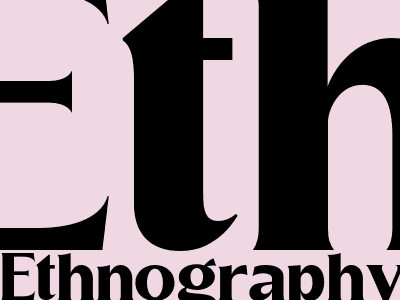
Text-based Ethnography: Using Dictation to Enhance Qualitative Research
Introduction
Ethnography is a qualitative research method that involves observing and interacting with people in their natural settings. Traditionally, ethnographers have relied on handwritten notes or audio recordings to capture data. However, the use of dictation software is gaining popularity as a way to streamline the data collection process and enhance the quality of ethnographic research.
Benefits of Using Dictation in Ethnography
Dictation offers several benefits for ethnographic researchers:
- Time-saving: Dictation allows researchers to capture data quickly and efficiently, saving time that would otherwise be spent on note-taking.
- Enhanced accuracy: Dictation software can transcribe speech with high accuracy, eliminating the potential for misunderstandings or errors that can occur with handwritten notes.
- Increased objectivity: By dictating observations, researchers can minimize the influence of their own biases and preconceptions on the data collection process.
- Improved data organization: Dictation software allows researchers to organize and manage their data easily, making it more accessible for analysis.
How to Use Dictation in Ethnography
To use dictation effectively in ethnographic research, follow these steps:
- Choose the right software: Select dictation software that is compatible with your devices and offers features such as speech recognition, transcription accuracy, and data organization.
- Practice dictation: Before using dictation in the field, practice speaking clearly and using proper grammar. This will help improve the accuracy of the transcriptions.
- Dictate regularly: Make a habit of dictating observations, interactions, and reflections throughout the research process. This will ensure that you capture a comprehensive record of your experiences.
- Review and edit transcriptions: Once you have dictated your observations, review and edit the transcriptions to correct any errors or inconsistencies.
Ethical Considerations
When using dictation in ethnographic research, it is important to consider the following ethical implications:
- Informed consent: Obtain informed consent from participants before dictating their conversations or observations.
- Data security: Ensure that the dictation software and data storage methods are secure and protect the privacy of participants.
- Confidentiality and anonymity: Maintain the confidentiality and anonymity of participants in any written or published research reports.
Conclusion
Text-based ethnography using dictation is a valuable tool that can enhance the quality and efficiency of qualitative research. By streamlining